Philanthropy- and community-launched startups tackle news deserts
As news deserts continue to expand across the U.S., two of the most promising ways of combating the problem have been the rise of journalist-entrepreneurs launching their own local news startups and the rise of philanthropy as a key revenue stream for journalism.
But the continuing decline of local journalism — accelerated by the pandemic — has become too big of a problem for communities across the country to wait for individual journalist entrepreneurs to launch new startups to replace what is being lost in their local news ecosystems. Local community coalitions — led by local philanthropies (many of which are just starting to give to journalism), along with civic leaders, everyday residents and journalists — will increasingly take the lead in launching new local news startups to address news deserts in their own backyards.
In the last 10 years, there has been an explosion of local, independent digital news startups (both non- and for-profit) in the U.S. and Canada. A study this year by Project Oasis (with the Google News Initiative, LION Publishers, and the University of North Carolina) found that there were 120 independent local news startups in 2010 and over 700 in 2020, most of which launched in more recent years. The study found that these startups were almost always founded by individual journalists, the majority of whom used personal funds and savings as startup capital. And although these incredible entrepreneurs have done vital work for their communities, these organizations by and large remain small and fragile: Only 20% say they are financially sustainable; their median annual revenue is $79,000; and 90% have 10 or fewer employees (with a quarter having no full-time employees).
A parallel trend to address news deserts has been the rise of philanthropy to fund local journalism, a central revenue stream for both nonprofits and, increasingly, for-profits too. But in the larger scope of philanthropic giving in the U.S., giving to journalism, especially at the local level, remains a very small part of the philanthropic landscape.
A Media Impact Funders report using Candid data found that from 2009-2021, a total of $19.6 billion was given by US foundations toward media overall, with $1.1 billion of that amount given by local community foundations. But only $124 million of that community foundation media funding went specifically to journalism over those 12 years. Candid data also shows that US community foundations gave a total of $55.5 billion in that time period, making journalism 0.2% of US community foundation funding, and showing the enormous potential for local philanthropy to give much more substantially to local journalism.
In 2019, The City was launched by a coalition of New York City funders including the Charles H. Revson Foundation, the Leon Levy Foundation, Craig Newmark Philanthropies and others that took the initiative to start and incubate the nonprofit news organization, and provided $8.5M in startup capital. Upon its launch, The City was a rare example of a sizable local news startup being launched by a local coalition made up of several funders. This year saw two other similar examples: the announcements of the Ohio Local News Initiative — which is being launched by a coalition of Ohio funders and the American Journalism Project with nearly $6 million in startup capital — and The Baltimore Banner — which is launching with $50 million in philanthropic startup capital (including a $15 million budget for a 50-person newsroom for its first year) from Maryland philanthropist Stewart Bainum.
The journalism field will increasingly see new local news startups launched by local philanthropies and often as part of broader coalitions that also include several funders and other local civic players. This model is not only different from the solo-journalist-turned-entrepreneur launch playbook that has made up the majority of local news startups in recent years; it is also an effective way to activate more local philanthropic giving toward local journalism, and a critical step to provide the local news startup sector with increased scale, impact, and financial sustainability.
Gonzalo del Peon is manager of strategy and startups at the American Journalism Project.

As news deserts continue to expand across the U.S., two of the most promising ways of combating the problem have been the rise of journalist-entrepreneurs launching their own local news startups and the rise of philanthropy as a key revenue stream for journalism.
But the continuing decline of local journalism — accelerated by the pandemic — has become too big of a problem for communities across the country to wait for individual journalist entrepreneurs to launch new startups to replace what is being lost in their local news ecosystems. Local community coalitions — led by local philanthropies (many of which are just starting to give to journalism), along with civic leaders, everyday residents and journalists — will increasingly take the lead in launching new local news startups to address news deserts in their own backyards.
In the last 10 years, there has been an explosion of local, independent digital news startups (both non- and for-profit) in the U.S. and Canada. A study this year by Project Oasis (with the Google News Initiative, LION Publishers, and the University of North Carolina) found that there were 120 independent local news startups in 2010 and over 700 in 2020, most of which launched in more recent years. The study found that these startups were almost always founded by individual journalists, the majority of whom used personal funds and savings as startup capital. And although these incredible entrepreneurs have done vital work for their communities, these organizations by and large remain small and fragile: Only 20% say they are financially sustainable; their median annual revenue is $79,000; and 90% have 10 or fewer employees (with a quarter having no full-time employees).
A parallel trend to address news deserts has been the rise of philanthropy to fund local journalism, a central revenue stream for both nonprofits and, increasingly, for-profits too. But in the larger scope of philanthropic giving in the U.S., giving to journalism, especially at the local level, remains a very small part of the philanthropic landscape.
A Media Impact Funders report using Candid data found that from 2009-2021, a total of $19.6 billion was given by US foundations toward media overall, with $1.1 billion of that amount given by local community foundations. But only $124 million of that community foundation media funding went specifically to journalism over those 12 years. Candid data also shows that US community foundations gave a total of $55.5 billion in that time period, making journalism 0.2% of US community foundation funding, and showing the enormous potential for local philanthropy to give much more substantially to local journalism.
In 2019, The City was launched by a coalition of New York City funders including the Charles H. Revson Foundation, the Leon Levy Foundation, Craig Newmark Philanthropies and others that took the initiative to start and incubate the nonprofit news organization, and provided $8.5M in startup capital. Upon its launch, The City was a rare example of a sizable local news startup being launched by a local coalition made up of several funders. This year saw two other similar examples: the announcements of the Ohio Local News Initiative — which is being launched by a coalition of Ohio funders and the American Journalism Project with nearly $6 million in startup capital — and The Baltimore Banner — which is launching with $50 million in philanthropic startup capital (including a $15 million budget for a 50-person newsroom for its first year) from Maryland philanthropist Stewart Bainum.
The journalism field will increasingly see new local news startups launched by local philanthropies and often as part of broader coalitions that also include several funders and other local civic players. This model is not only different from the solo-journalist-turned-entrepreneur launch playbook that has made up the majority of local news startups in recent years; it is also an effective way to activate more local philanthropic giving toward local journalism, and a critical step to provide the local news startup sector with increased scale, impact, and financial sustainability.
Gonzalo del Peon is manager of strategy and startups at the American Journalism Project.
Simon Galperin

Stefanie Murray

Burt Herman

Gonzalo del Peon

James Salanga

Cindy Royal

Tony Baranowski

Megan McCarthy

Robert Hernandez
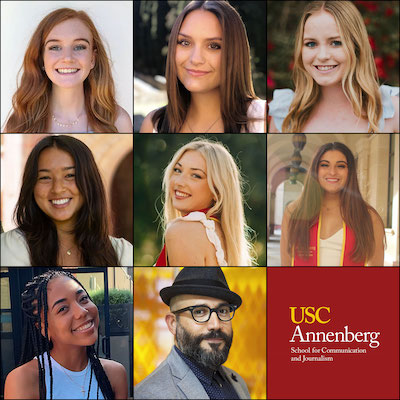
Rasmus Kleis Nielsen

Joni Deutsch
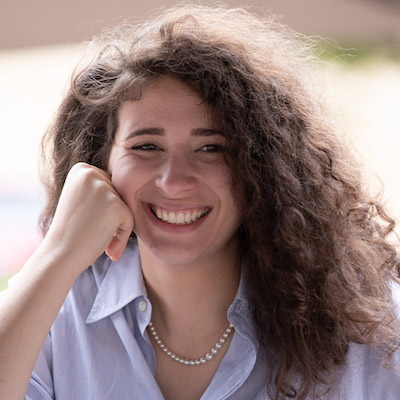
Paul Cheung

Tom Trewinnard

Sarah Stonbely

Jennifer Coogan

j. Siguru Wahutu
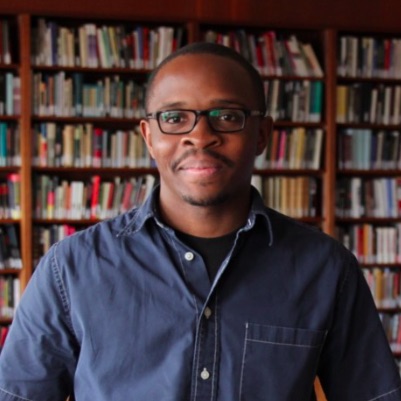
Zizi Papacharissi
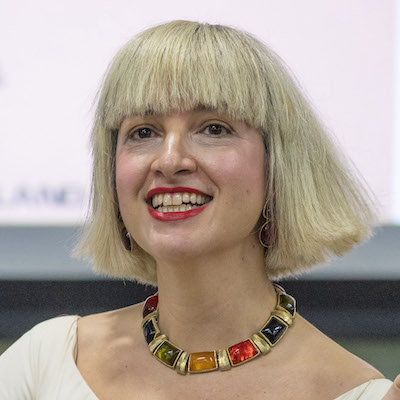
AX Mina

Errin Haines

Jessica Clark

Christina Shih

Juleyka Lantigua

Kathleen Searles Rebekah Trumble

David Skok
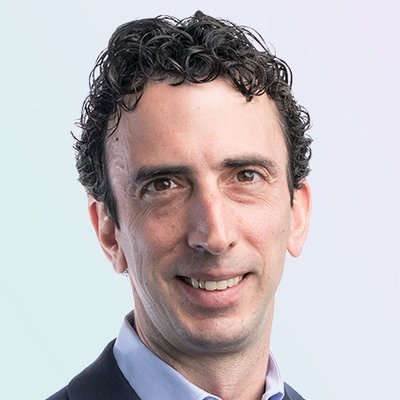
Anthony Nadler

Joe Amditis

Francesco Zaffarano
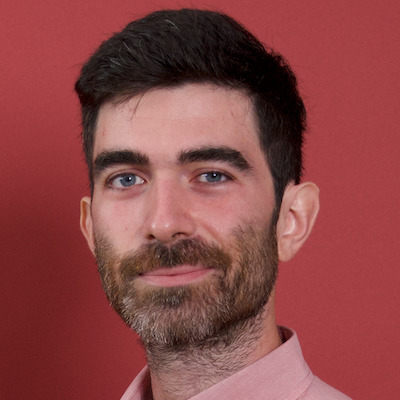
Shalabh Upadhyay

James Green

Andrew Freedman

Moreno Cruz Osório

Gordon Crovitz

Joanne McNeil

Amara Aguilar

Amy Schmitz Weiss
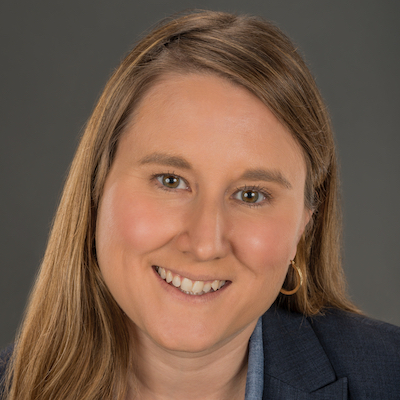
Richard Tofel

Daniel Eilemberg

Kendra Pierre-Louis

David Cohn

Cherian George
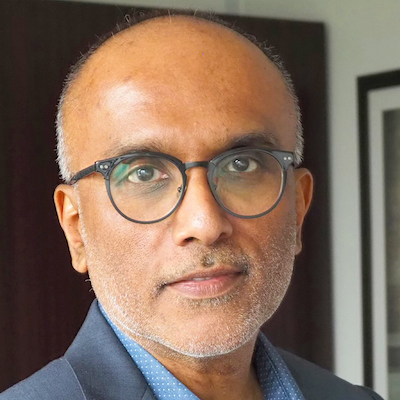
Kristen Jeffers
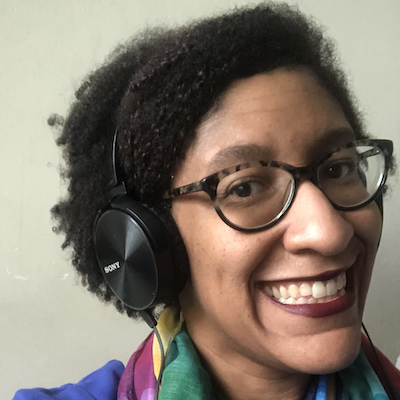
Whitney Phillips

Brian Moritz

Victor Pickard

Kerri Hoffman
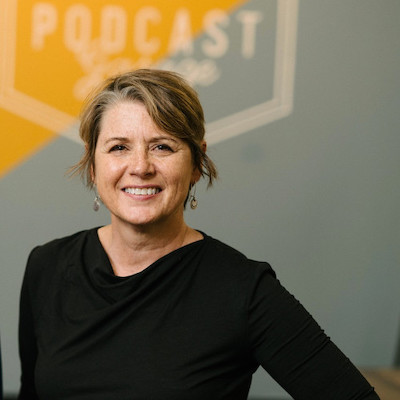
Jesse Holcomb

Matt Karolian
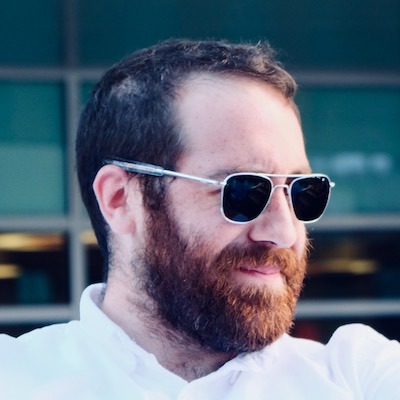
Nik Usher

Jonas Kaiser

Gabe Schneider

Alice Antheaume
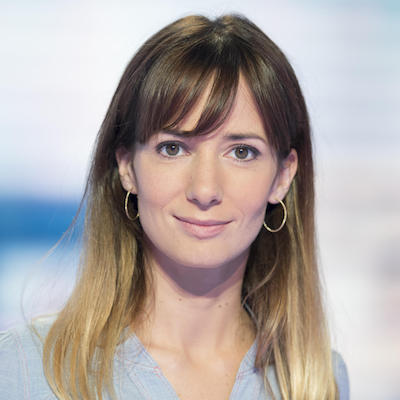
Raney Aronson-Rath

Meena Thiruvengadam
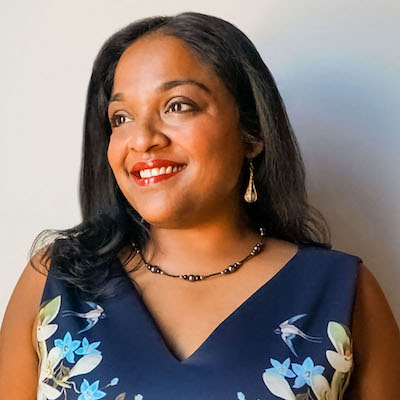
Eric Nuzum

Mario García
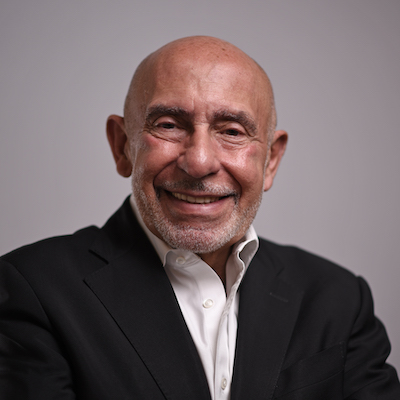
Julia Munslow

Izabella Kaminska
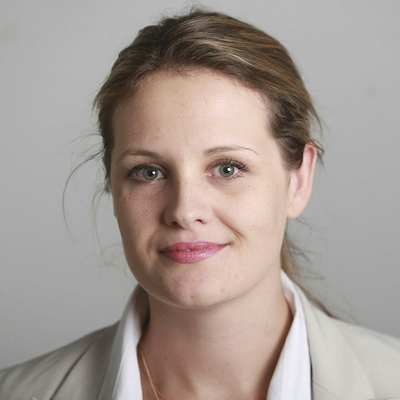
Shannon McGregor Carolyn Schmitt

John Davidow

Anika Anand

Julia Angwin

Simon Allison

Sam Guzik

Cristina Tardáguila

Matt DeRienzo

Chicas Poderosas

Wilson Liévano
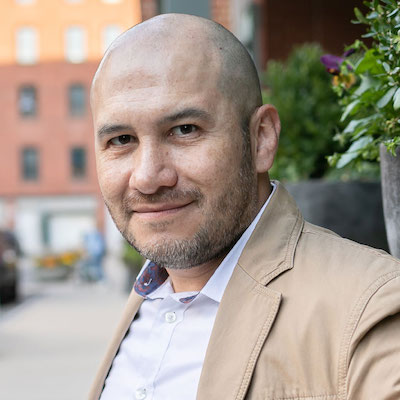
Doris Truong
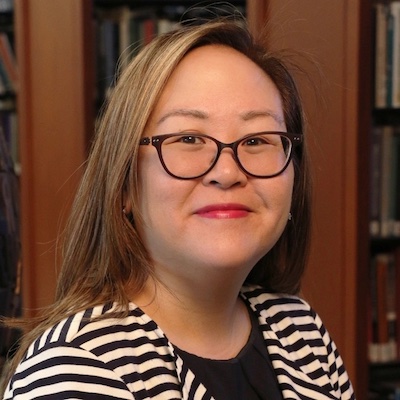
Ariel Zirulnick

Christoph Mergerson

Chase Davis

A.J. Bauer

S. Mitra Kalita
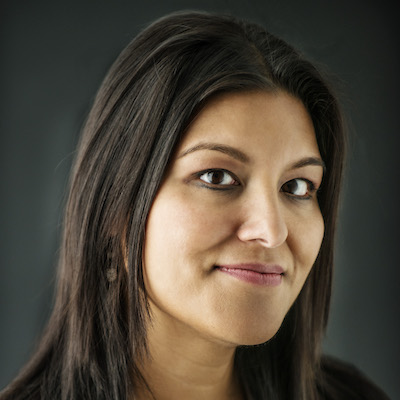
Sarah Marshall

Don Day

Joy Mayer

Parker Molloy

Ståle Grut

Melody Kramer

Laxmi Parthasarathy

Catalina Albeanu

Natalia Viana
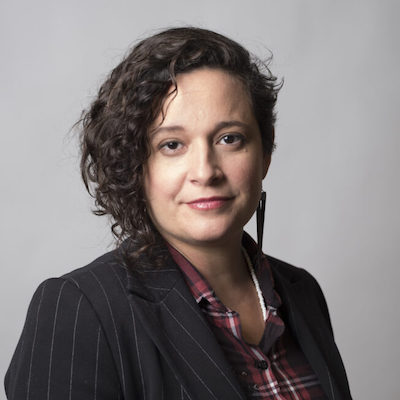
Michael W. Wagner

Candace Amos

Mike Rispoli
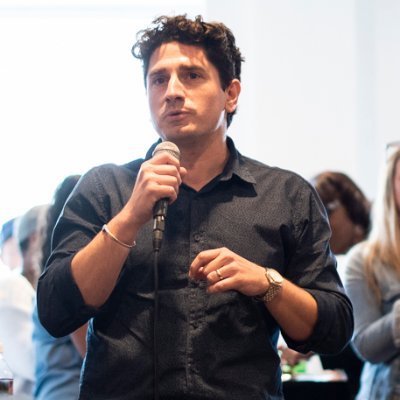
Matthew Pressman

Tamar Charney

Joshua P. Darr

Jennifer Brandel

Stephen Fowler

Anita Varma

Kristen Muller

Jody Brannon

Larry Ryckman

Millie Tran

Mary Walter-Brown

Rachel Glickhouse

Jesenia De Moya Correa
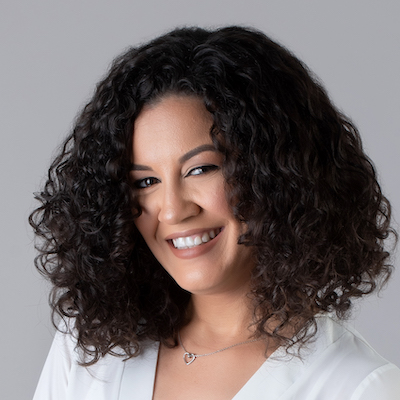
Jim Friedlich

Mandy Jenkins
